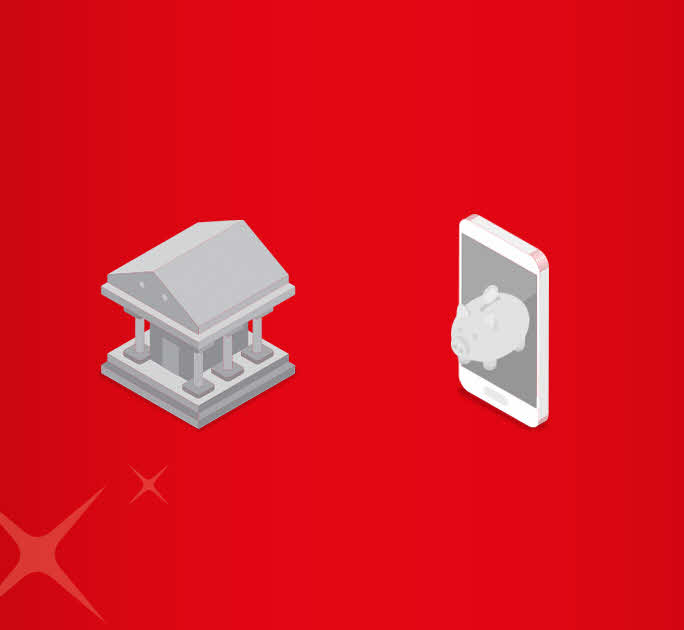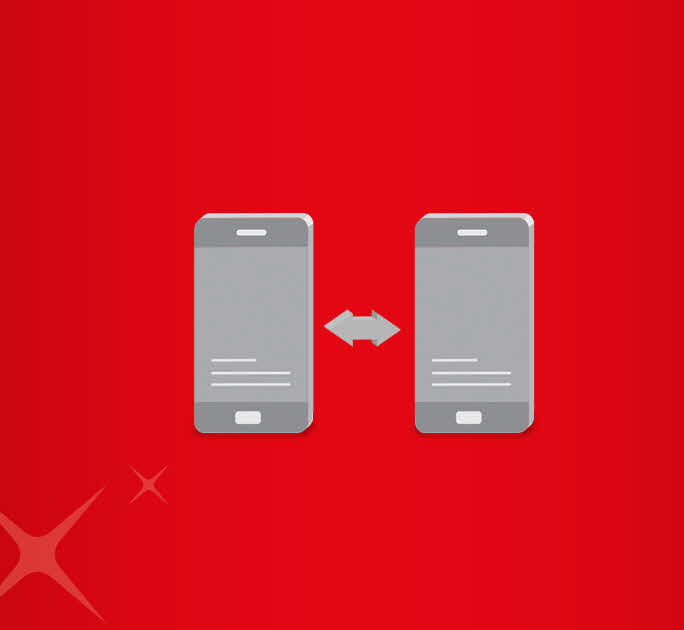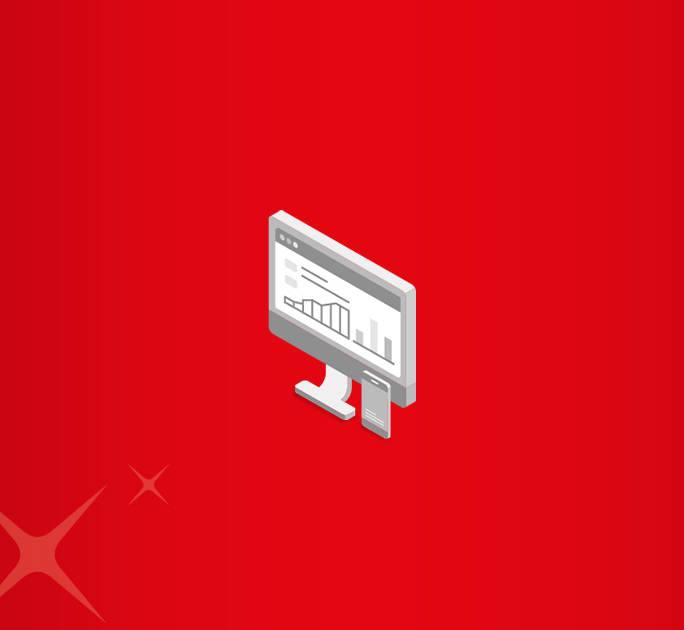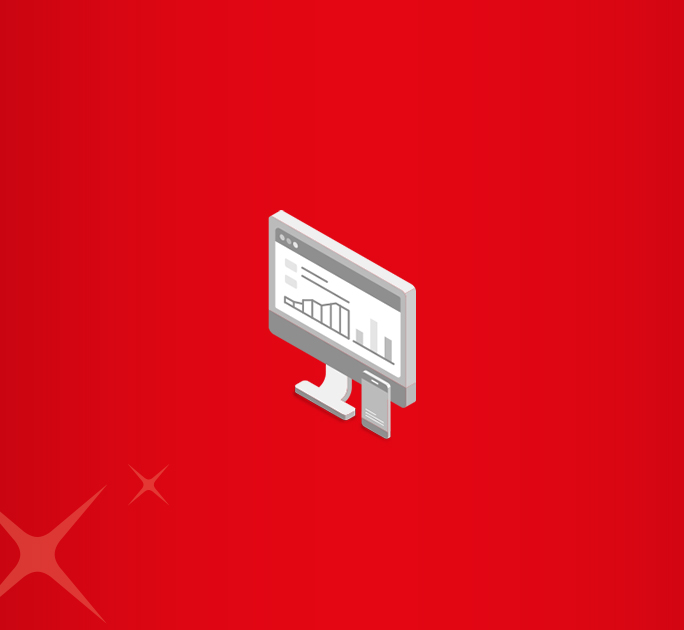- Save
- Invest
- Borrow
- Pay
- More
- Customer Services

Digital Banking vs Mobile Banking | DBS Bank India
Understanding the difference between digital banking and mobile banking.
Key Takeaways
- Digital Banking includes all aspects of banking that rely on modern technology.
- Mobile Banking is an offshoot of Digital Banking that takes place through mobile devices.
- While You can access digital Banking through various devices, Mobile Banking is available only on mobile devices.
- You can access more products and services with Digital Banking than Mobile Banking.
- You need an internet-enabled smartphone and separate login credentials for Mobile Banking.
With internet banking, you can access financial products and services through internet-enabled devices, thereby saving you trips to bank branches. To optimise your banking experience, you should know the difference between such methods. This article is a comprehensive guide on the difference between Mobile Banking and Internet Banking. Read on to know more.
What is Mobile Banking?
Mobile banking is a direct result of the evolution of smartphones and the features they provide. With mobile banking, you can conduct daily banking activities through your phone. Most banks provide eponymous mobile apps that you can download on your phone to access your bank account with just a few taps. Mobile banking apps make paying bills, tracking your spending, and conducting cashless transactions easy and hassle-free.
What is Digital Banking?
Digital Banking is an umbrella term that includes Online Banking and Mobile Banking. Digital Banking consists of the various financial transactions that are carried out by using technology. Thus, Mobile Banking is a form of Digital Banking. However, Digital Banking is extended to include other aspects of banking, especially in a cashless society.
Digital Banking includes the financial services and products that help businesses run more efficiently. For instance, the payroll, accountancy, and payment software with optimised commercial ventures are examples of Digital Banking. Similarly, digital banking products and services make day-to-day financial transactions like booking tickets, paying for food, etc., incredibly easy.
Comparing Digital Banking vs Mobile Banking
Below are some of the basic differences between Digital Banking and Mobile Banking
Functionality
Digital Banking allows you to perform banking through multiple avenues like your desktop computer, tablet, laptop, etc., whereas Mobile Banking is only accomplished via mobile devices. Plus, you can conduct mobile Banking with the internet via banking apps or without the internet via SMS.
Transaction Facilities
With the online portal designed by your bank, you can access a bouquet of financial products and services offered. However, you can access a limited number of products and services with Mobile Banking, especially if you are not using the bank’s app.
Access
You can use Digital Banking with the help of an internet connection and a compatible device. You do not need to download any specific software for day-to-day banking transactions. However, mobile banking through apps only works if you have an Android or iOS device to complete your banking functions.
Opening an Account
Most financial institutions will give you login credentials for Digital Banking upon opening your account. However, to access Mobile Banking, you might have to request separate login details from your bank.
Final Note
With traditional banking, you have to visit bank branches at specific timings. However, with virtual banking, you can avoid visiting the physical branch and rely on internet-assisted services anytime, from anywhere. Knowing about Digital Banking vs Mobile Banking and the services offered on each platform makes your banking transactions convenient. At DBS Bank, you can efficiently conduct all kinds of financial transactions through both an online portal and mobile banking app.
Download DBS Bank app to get started and open your savings account with us.
*Disclaimer: This article is for information purposes only. We recommend you get in touch with your income tax advisor or CA for expert advice.











